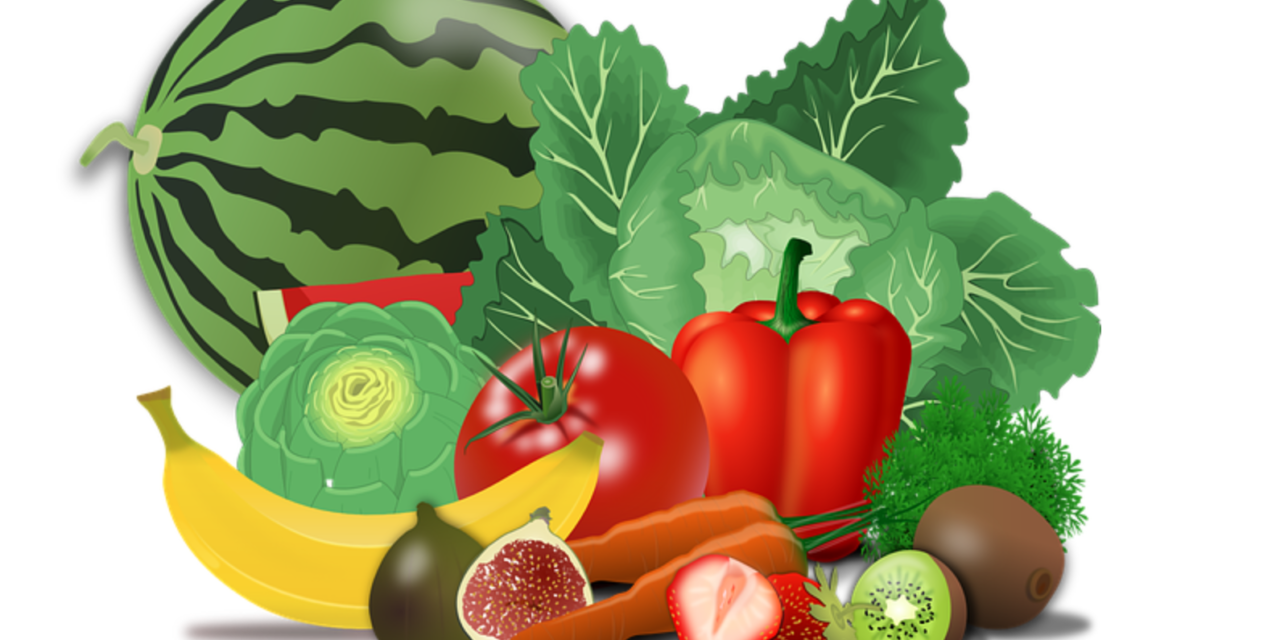The second round of a NC Department of Health and Human Services (NCDHHS) program offering up support to the hungry doesn’t benefit Guilford County residents.
However, those in Guilford County facing hunger may be able to find help through two other food provision programs that do.
Starting On Monday, Oct. 4, the North Carolina Department of Health and Human Services’ COVID-19 Support Services Program – along with the Food Bank of Central and Eastern North Carolina – will begin providing food assistance to North Carolina residents of 34 counties who face going hungry because they need to quarantine due to COVID-19.
According to a statement this week from NCDHHS Secretary Dr. Mandy Cohen, “Food assistance was one of the top requested items from people who needed support, and the continuation of this program is a key part of our whole-person approach to improving health and well-being and continuing to fight COVID-19.”
Though Guilford County residents won’t benefit in this new round of support, those in Guilford who need help beyond the usual food assistance from social services may be eligible for support through a program called “Community Health Worker Program” — which is available in every North Carolina County.
Food assistance for Guilford County residents is also potentially available through a “NCCARE 360” program.
The 34 counties where food assistance through the Support Services Program is available are Brunswick, Carteret, Chatham, Columbus, Craven, Duplin, Durham, Edgecombe, Franklin, Granville, Greene, Halifax, Harnett, Johnston, Jones, Lee, Lenoir, Moore, Nash, New Hanover, Onslow, Orange, Pamlico, Pender, Person, Pitt, Richmond, Sampson, Scotland, Vance, Wake, Warren, Wayne and Wilson counties.
The Support Services Program began in mid-2020 with an initial round of benefits that aided about 42,000 North Carolina households isolated or quarantined during the pandemic. It did so by covering several bases: delivering groceries, meals, medication and financial relief payments to households that otherwise wouldn’t have been able to both quarantine and keep family members fed.
The first phase of the Support Services Program ended in February 2021. This second phase just getting underway is focusing on providing food assistance since that’s the most requested need.
Individuals and families eligible for the program include “those in one of the 34 counties who tested positive for or were exposed to COVID-19 and need food to safely quarantine or isolate,” as well as those who “fall into the CDC’s high-risk category for severe illness due to COVID-19 and need food to safely isolate.”

